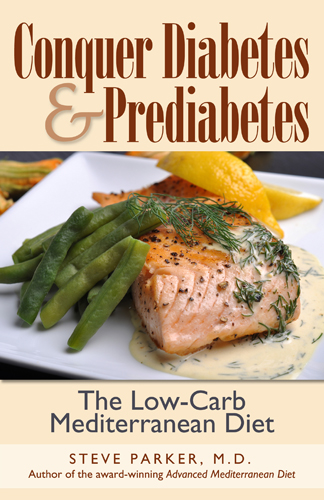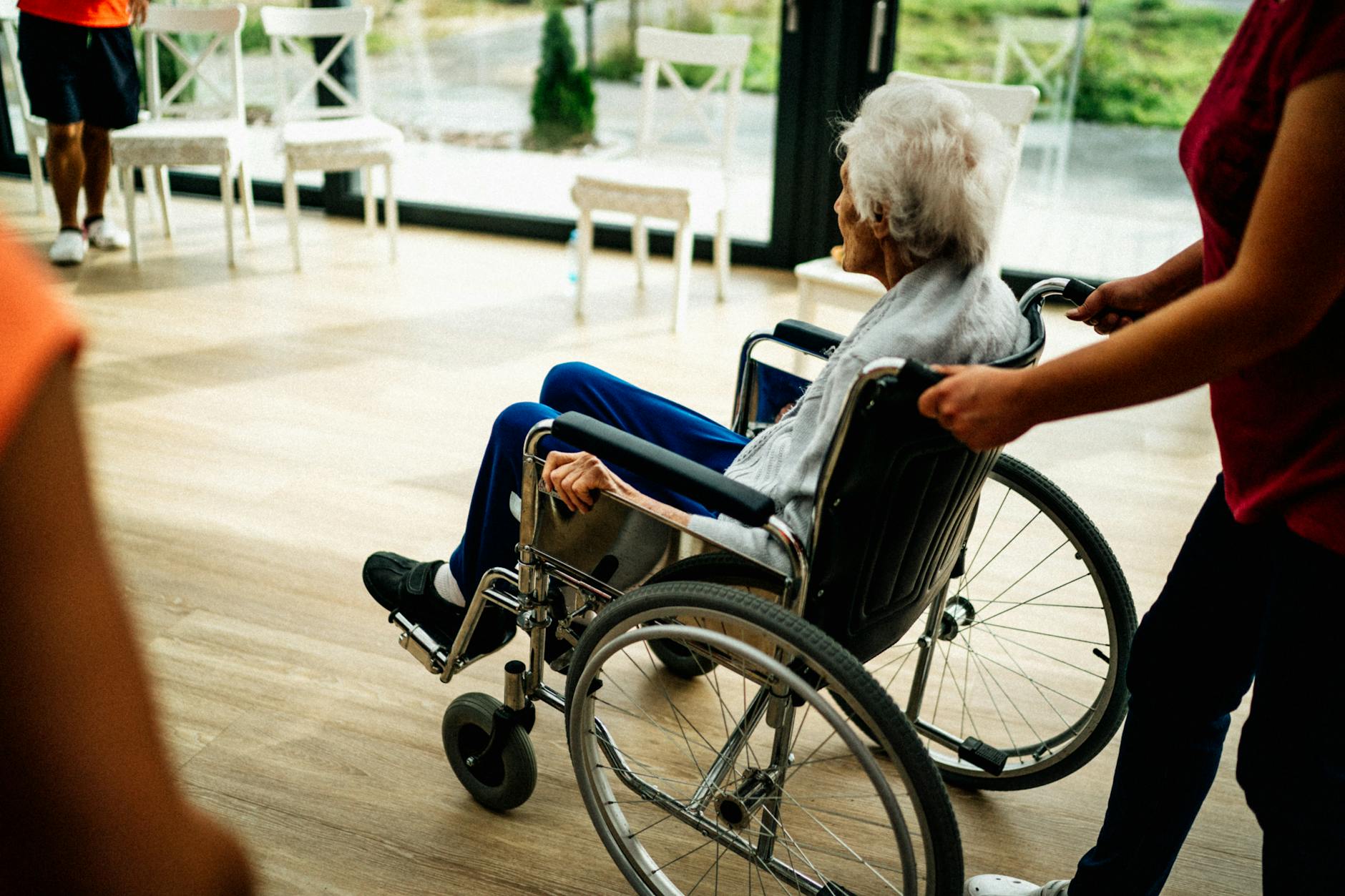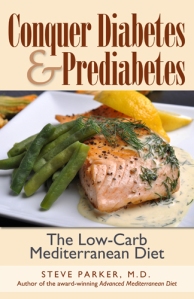Yes…..according to Dr. Rhonda Patrick. She’s not a physician. Her Ph. D. is in biomedical science. I’ve listened to several of her podcasts and think that she does a generally good job of keeping her recommendations science-based. Her supplementation recommendations assume you’re generally healthy, eating a healthy diet (e.g., Mediterranean!), and exercising regularly, including some vigorous exercise like HIIT (high intensity interval training.
Here’s the list:
- Vitamin D
- Omega-3 fatty acid (1.5-3 g/day)
- Standard multivitamin (ideally containing lutein and zeaxanthin) (she mentions Centrum Silver)
- Lutein (if not in your multivitamin)
- Zeaxanthin (if not in your multivitamin)
- Magnesium
- Melatonin 1.5-3 mg/day, 2-3 hours before bedtime
- Creatine monohydrate, at least 5 g/d, 10 g is better
- Ubiquinol
- Sulforaphane
I’m not very familiar with sulforaphane. Two commenters at YouTube wrote that she likes the Avmacol brand. PreserVision AREDS 2 formula of multivitamins contains zeaxanthin and lutein. You might want to compare that that product to Centrum Silver. In another video Dr. Patrick said the dose of vitamin D is 4,000 IU. I say the dose may depend on your latitude and amount of sun exposure. I’ve heard for years that magnesium oxide and magnesium chloride are very poorly absorbed; magnesium glycinate, citrate, taurate, and malate are better absorbed. So the latter are the preferred magnesium forms. Dr. Patrick also says magnesium is better absorbed if your total daily dose is divided; e.g., take half your daily dose in the AM, half in the PM.
I’m sure Dr Patrick goes into details of these items at her YouTube channel (FoundMyFitness) and podcasts (FoundMyFitness and The Aliquot).
On the other hand, neurologist Steven Novella would probably disagree with taking those supplements. He writes at Science-Based Medicine:
Many times in my career I have sat across from a patient who expressed that they are getting serious about their health, and then rattle off a list of things that they are doing to improve their health – all mostly worthless. I do not blame them – they are victims of a self-help, supplement, and wellness industry that has completely mislead them. A typical list might include: eating only organic, avoiding GMOs, taking daily vitamins, eating low-carb, and using a sauna (or perhaps cryochambers). Sometimes they throw in fully magical interventions, like feng shui or reiki. In short, they invest a lot of time and money into interventions that will not make them more healthy, and distract them from the things we know will.
If you want to improve your health and longevity the data suggests there are five things that are of primary importance (in terms of lifestyle) – eat a well-rounded balanced diet, get sufficient quality sleep, don’t smoke, limit alcohol intake, and exercise regularly. Obviously, getting good medical care is also very important. Get regular checkups (including for dental health), and address any specific health issues you have, including mental health.
The good news is – there is not mystery to good health. The lifestyle factors I list above are the 99 percenter, meaning that together that have the overwhelming largest effect on your health. So stop worrying about the 1%, there is no magical “superfood” our there, no hack, and no secret.
So, who ya gonna believe. An M.D. neurologist or a Ph.D. in biomedical science?
—–Steve Parker, M.D.









